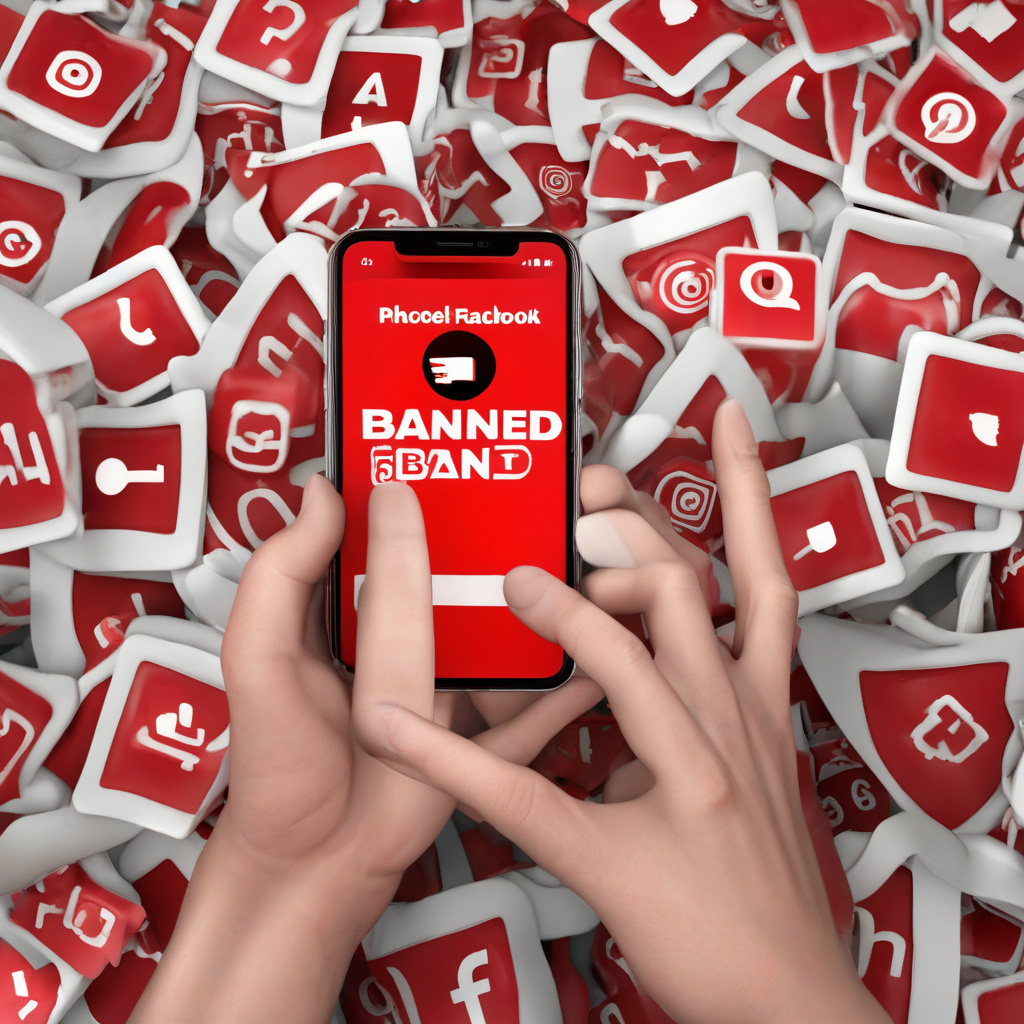Meta, the parent company of social media giants Facebook and Instagram, has recently stirred up a storm by indiscriminately banning user accounts. This mass banning spree has left many users perplexed and frustrated, with reports from reputable sources like the BBC shedding light on the situation.
The abrupt and seemingly random bans have sparked a wave of confusion and outrage among the platforms’ user base. Individuals who have been active on these platforms for years suddenly find themselves locked out of their accounts, often without any warning or explanation.
Many users have taken to online forums and social media to express their discontent and seek answers. The lack of transparency from Meta regarding the criteria for these bans has only fueled the fire, leading to widespread speculation and conspiracy theories among the affected users.
While Meta claims to have stringent community guidelines in place to maintain a safe and respectful online environment, the arbitrary nature of these bans raises serious questions about the company’s moderation practices. Users are left wondering what actions or content have triggered the bans and whether there is any recourse for appealing these decisions.
The impact of these bans goes beyond just individual users. Businesses that rely on Facebook and Instagram for marketing and customer engagement are also feeling the heat. Sudden account suspensions can disrupt advertising campaigns, customer communication, and overall brand presence on these platforms, causing significant financial and reputational damage.
In the digital age, where social media plays a crucial role in connecting people and businesses worldwide, the arbitrary banning of user accounts by a tech giant like Meta raises concerns about censorship, accountability, and the power dynamics at play in the online space. It highlights the importance of clear communication, fair moderation practices, and user empowerment in shaping the future of social media.
As users demand more transparency and accountability from tech companies, Meta’s approach to handling these account bans will be closely scrutinized. The fallout from these actions serves as a reminder of the delicate balance between enforcing community standards and respecting user rights in the ever-evolving digital landscape. Only time will tell how Meta responds to this backlash and whether it can regain the trust of its user base.
In conclusion, the recent wave of user bans by Meta has sent shockwaves through the online community, raising important questions about moderation, transparency, and user rights in the digital age. As users and businesses navigate this uncertain terrain, the need for clear communication and fair practices from tech companies like Meta becomes more critical than ever.

